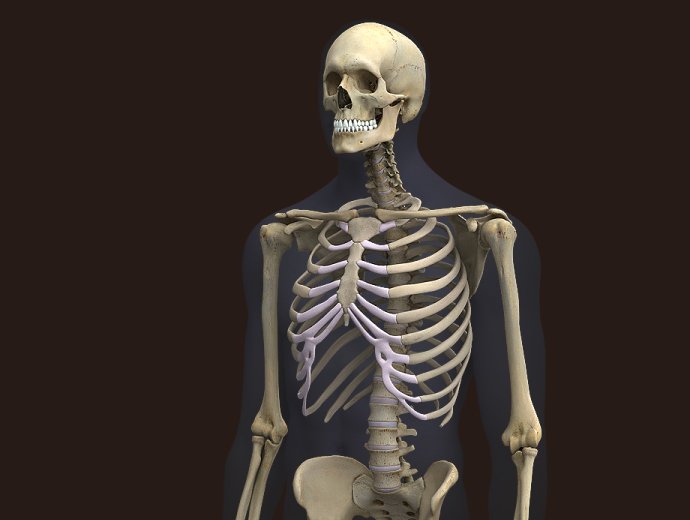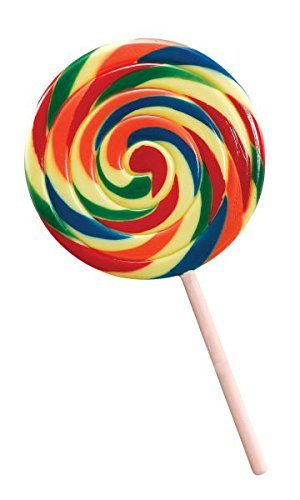This post is inspired by a post by @luzcypher:
https://steemit.com/steemit/@luzcypher/are-people-on-steemit-fake-nice-because-of-how-the-rewards-system-works
@luzcypher is a great blogger and important member of the Steemit community. When reading this blog post I found myself writing a big essay in the comments, so I thought it would fit better as my own post.
Bear in mind, this is an opinion piece. Nothing I have written is scientific.
The ultimate goal of this post is to explain one point:
A society with a lot of fake people is a working society.
Steemit, we can give ourselves a fake pat on the back for this point.

I find that people who fear or dislike fake people are often quite insecure. They fear being manipulated or being judged without their knowledge. This fear of fake people can lead people to be quite aggressive, especially when you have the knowledge that some people can be really good at being fake. If you're unsure of what I'm talking about, think back to your teenage years. My childhood might have been different to yours but since I often operated in smaller friendship groups, I encountered a lot of people who had animosity for the more popular kids in school. A lot of the time, my peers would cite their animosity as a dislike of "fake people".
I didn't really understand their emotional context until now. The popular kids were very friendly and I was good friends with quite a few of them. I didn't hang out with them because I didn't quite vibe with the entire group. Children in high school are wary of people who are friendly, and this is possibly because they don't encounter friendly people nearly enough. People who don't encounter friendly people are very frequently unfriendly people.
As people grow up, they learn to be nicer. Think about it - as soon as you leave school and enter the world, people realise how lonely the real world is. It's a painful experience. So how do people learn to be nice?
Society is set up in a way that you are rewarded for being kind and punished for being cruel.
(Unless you're a politician).

Sometimes, society may not work this way. It is inherently flawed if people don't have institutional incentives for good behaviour. It's even worse if people aren't given these incentives socially, from a young age. So for some people, good and kind behavior is a learned thing. We learn that if we are unkind, people are unkind to us. As we get older, we can be punished for unkind behaviour by being tossed into a facility with other unkind people (jail, if you didn't get it, or a sanitarium if you still don't get it).
These theories I'm presenting don't consider mental health and some individual experiences.
I know a lot of people that I honestly believe are born as good people - even some people with learning disabilities or people on the autism spectrum. I've also had friends that have shown incredible kindness to me but have a tendency to lash out at the rest of the world. People like this, I understand, have not yet realised that kindness is rewarded. They fight this notion, using the belief that since the world is not kind them they should not be kind to the world. I believe that these people have kindness in their souls, and they need to learn to accept that the world will not always be kind, but will reward you with some kindness.
Lose Weight So Fast That You'll Become Like a Tiny Mouse and Live With The Pill Bugs
Let me tell you about "Lose Weight Fast".

Lose Weight Fast is my shitposting YouTube channel. It's the channel I've had since I was twelve-years-old and I'm a little bit worried about exposing myself as the mastermind behind it.
Simply put, it's the channel I watch all of my subscriptions on. I just use it to view content. The reason I had it in this nom de plume is so I could have freedom of anonymity and not have to face the consequences of anything I wrote in my childhood. I changed it to this name after YouTube merged with Google + and changed my display name to my real name. Suddenly, people were finding comments I had written as a child and threatening to find me on Facebook and it was quite a moment of revelation.
Still, I didn't learn. I used this nom de plume to shitpost in comment sections, claiming that I was a photographer from California (despite the fact that I'm Australian). I also claimed that if you visited my channel, you could lose weight very fast - so fast that you would become small, like a tiny mouse. My channel was bare, so it was clear that I was just trollin'.
I don't do this anymore. As I got older I grew a conscience (okay, this was like 3 years ago but whatever). Even though I never posted these comments on the videos of overweight people, and it was clear I was joking, I realized that people can very easily get offended by mentioning their weight. So far I haven't heard of anyone getting upset by my comments, but the moral implications of these comments are pretty bad. The point is, I had no incentive to be kind - writing these comments were entertaining to me and I had the freedom of anonymity. However, over the past few years, I grew up a bit and decided that this borderline cyberbullying behaviour was too childish for an 18-year-old man to be doing.
Steemit, you one hell of a sweet novelty lollipop, lemme get a lick of you
Why do people act nicely on Steemit, and is it genuine?

What we've seen so far that a successful society is one that forces people to be kind by rewarding good behaviour and punishes bad behaviour, and it should be pretty obvious that this is the very basis that Steemit is built on.
It's not just that people are pretending to be nice to get to the top - people who are genuinely nice are getting to the top and getting a lot of recognition for their posts.
People who are using the platform to scam people, manipulate them or degrade them in any way are very rarely seen (unless they're already big on the site. I'm not naming names but you know who they are, and so do they).
Steemit works the same way that the real world does. The difference is, when someone is deviant on Steemit, they find little success and they move on to troll other social media. When someone is deviant in real life, they can't simply move to a place where their deviance will be tolerated - and subcultures that tolerate deviance often encourage drug use and crime.
The similarity is, when someone is deviant, it brings everyone down. YouTube has a reputation for having a toxic comment section. Reality has a reputation for having a toxic political climate.
Steemit doesn't have a reputation for being toxic (yet). It may be full of fake people, but in a few years time, those fake people might forget they're pretending to be nice and may actually become nice people - both offline and online. Steemit is also appealing to genuinely nice people.
I think that's way better than any realistic alternative.
Thanks for having me, Steemit ❤️
PS. If you're the kind of fake person who comments on a post immeditely as it goes up with "Nice post! Follow me." Then I hope you gET SATISFACTION WITH YOUR CURRENT LIFE SITUATION BECAUSE YOU MUST HAVE GROWN UP IN A PRETTY DISHONEST CLIMATE TO LEARN THAT KIND OF BEHAVIOUR, SISTER.
Check out my most recent, top quality Steemit posts:
Music Retrospective - Why “the Midnight Beast” Charted with a Parody in 2009 and Why It Wasn’t Weird
https://steemit.com/music/@chimtivers96/music-retrospective-why-the-midnight-beast-charted-with-a-parody-in-2009-and-why-it-wasn-t-weird
Steemit Open Mic Week 74 - "Scratch" Original Song by @chimtivers96
https://steemit.com/openmic/@chimtivers96/steemit-open-mic-week-74-scratch-original-song-by-chimtivers96
Thanks for good article! Upvoted
Thanks for reading :))